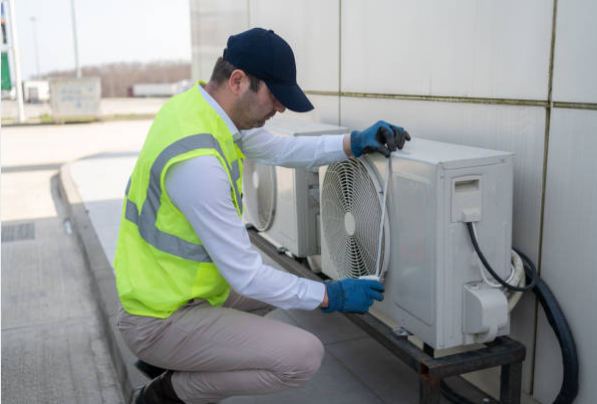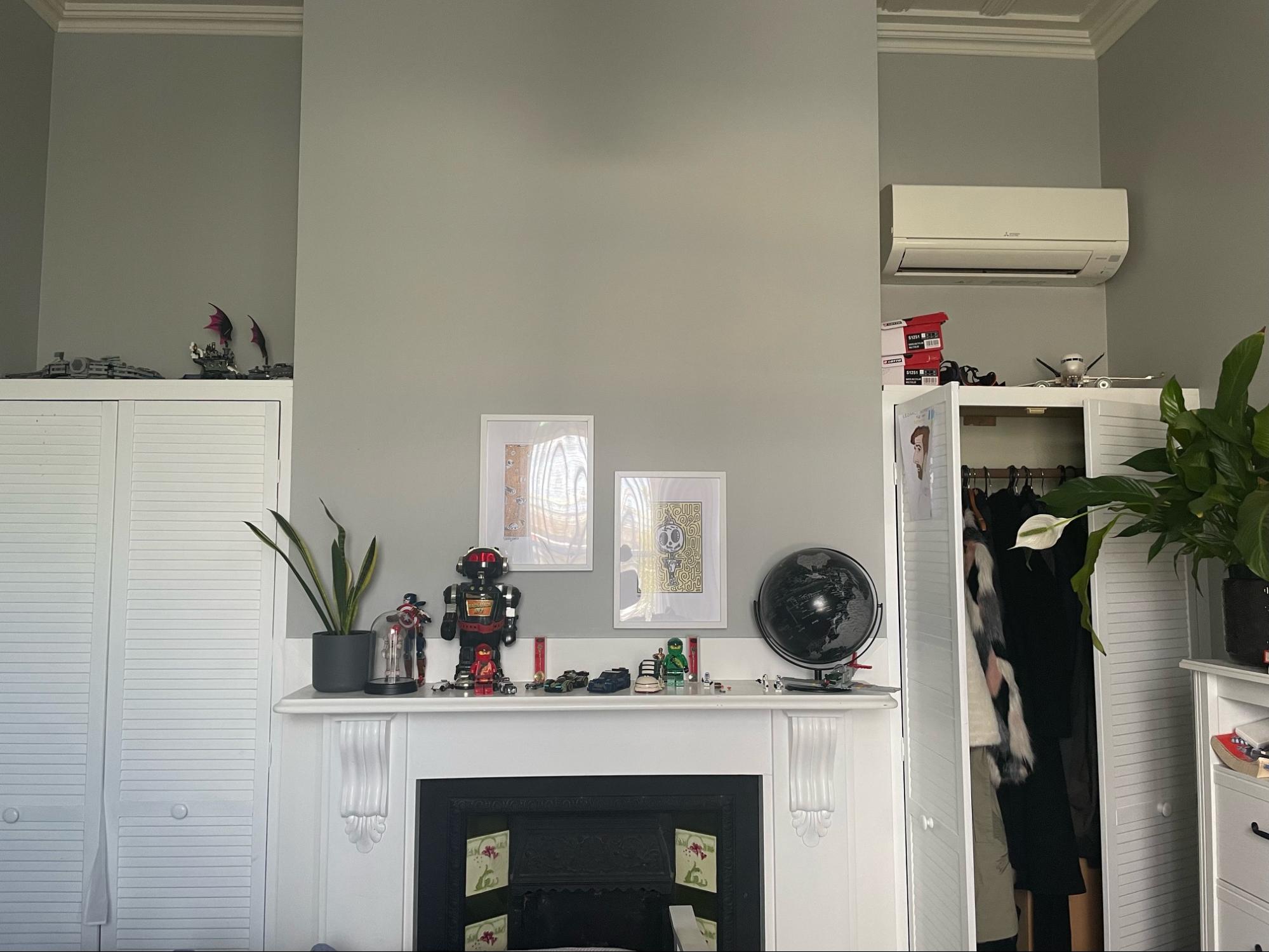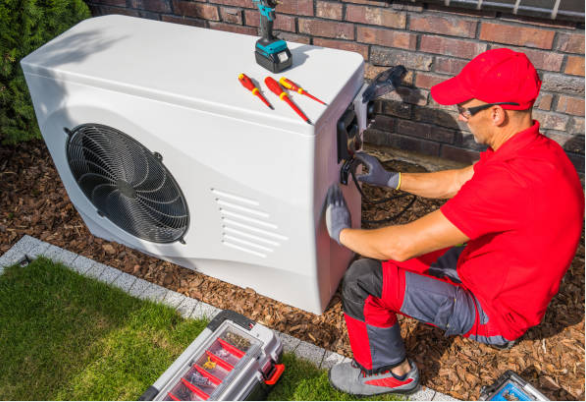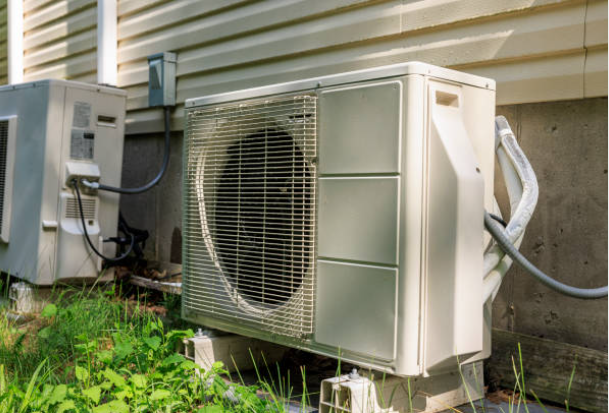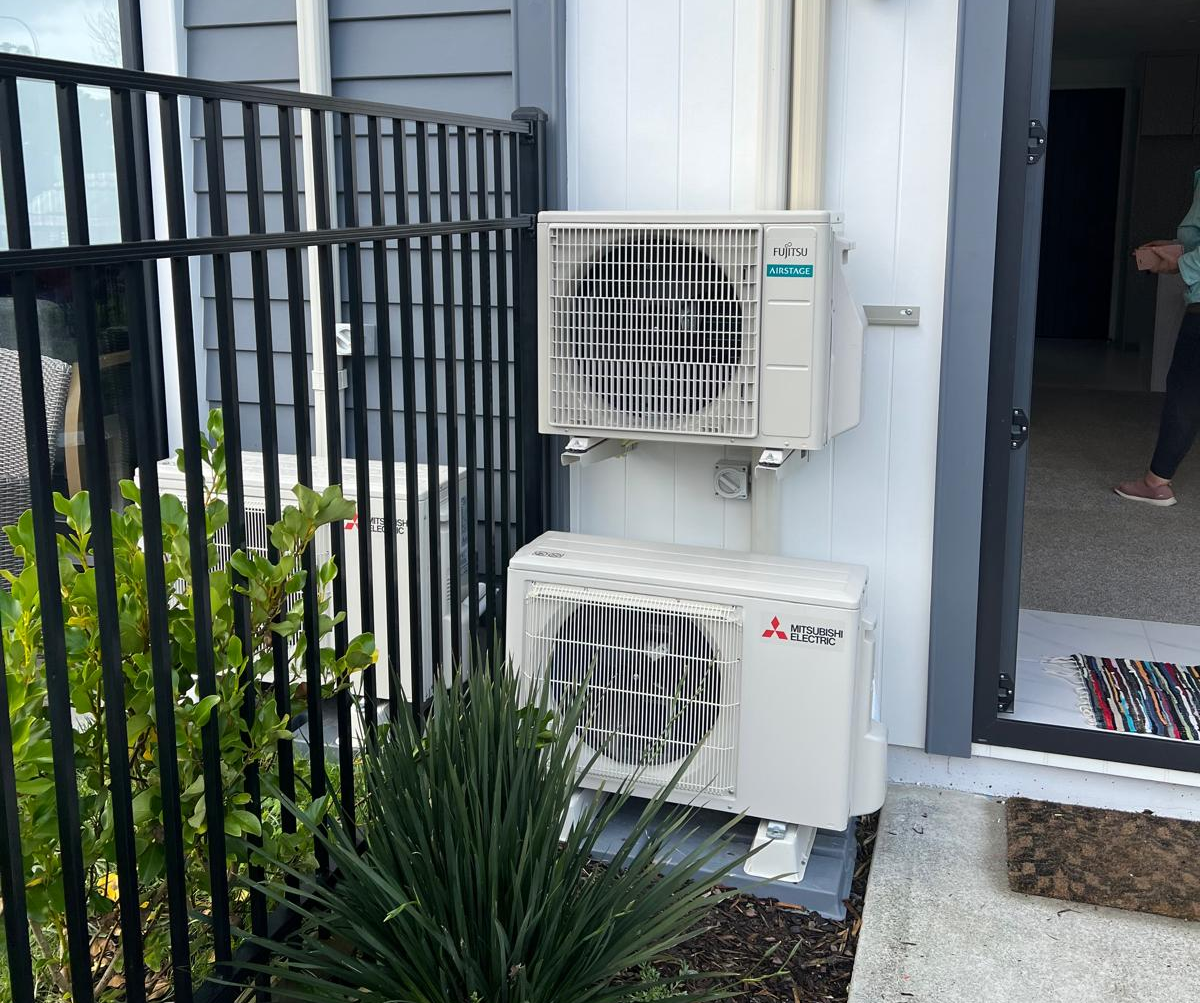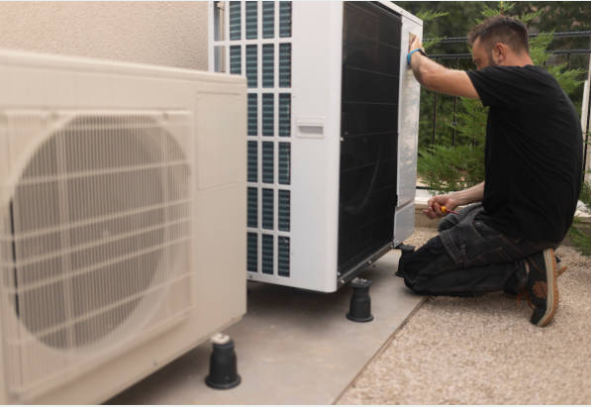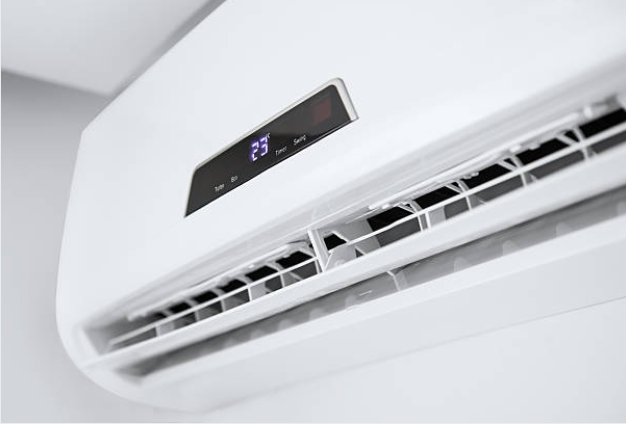It’s coming! You know it is! And if the weather of late is anything to go by – Summer 2017 is going to be a rip roarer. But if you have lived in New Zealand for any amount of time you will know that summer temperatures can be anything but pleasant and, depending on where you are in the country, the humidity will zap any energy you have left!
Almost everyone looks forward to Summer as it approaches after weathering the long, dark cold and weary days of Winter. What if you dread Summer? What can you do to make the hot summer days more enjoyable and comfortable within your home?
As December heats up around the country, for many, summer’s swelter will mercifully be kept in check by air conditioning. Air-conditioning technology has had a profoundly comforting impact on modern life, and a growing number of homes in New Zealand now have some form of air conditioning.
So how does a typical air conditioning unit work and keep you sane during the heat and humidity of a Kiwi summer? The basic concept is that a chemical called a refrigerant loops from inside the home to outside and back again, absorbing and casting out heat in the process. The refrigerant cools and then re-enters the home, starting the cycle anew.
The two refrigerants commonly used in residential air conditioners are R-22 and the newer R-410A, both of which are chemically known as HCFC’s (or hydro chlorofluorocarbons).
These chemicals go back and forth from a liquid to a gaseous state very easily, and it is these so-called phase transitions that make HCFCs so useful as refrigerants.
Air conditioners harness a transition process. A common phase transition we can all relate to is when liquid water is heated and evaporates into a gas, or water vapour. The air conditioning unit does the same with the refrigerant: it absorbs heat in its liquid state, transforming into a gas. The refrigerant is then forced to return to being a liquid, expelling the heat it absorbed and thus made ready to soak up heat once again.
The first functional definition of air-conditioning was created in 1908 and is credited to G. B. Wilson. It is the definition that Willis Carrier, the “father of air conditioning” subscribed to:
- Maintain suitable humidity in all parts of a building
- Free the air from excessive humidity during certain seasons
- Supply a constant and adequate supply of ventilation
- Efficiently remove from the air micro-organisms, dust, soot, and other foreign bodies
- Efficiently cool room air during certain seasons
- Heat or help heat the rooms in winter
- An apparatus that is not cost-prohibitive in purchase or maintenance
An air conditioning system essentially has four parts: an evaporator, a compressor, a condenser and an expansion device.
The part inside where the refrigerant evaporates is the evaporator. Fans blow air across the evaporator’s coils.
As air from the house moves across the evaporator, the refrigerant within the coil picks up the temperature of the air. As the refrigerant absorbs the heat from the air it turns from a liquid to a vapour. As the air has its’ heat removed the air turns from being warmer to colder.
The vaporized refrigerant then passes into the compressor, which is located outside in the air conditioning unit adjacent to a home (or often on the roof of a business), along with the condenser. The compressor compresses the gas to a state of higher pressure and higher temperature.
From there, the hot, pressurized gas flows over the third component, the condenser. Here, the gas is condensed back into its liquid state as heat is radiated away. Outdoor units often have metal fins on them to help dissipate the heat more quickly.
The cooled-off liquid is now returned into your home. The expansion device regulates the flow of liquid refrigerant into the evaporator, where just as before it will absorb heat and change phase from a liquid into a low-pressure gas.
If you have absorbed all that technical information – then what is left? The modern air conditioning unit came about with the goal of humidity control. Auckland, especially, suffers very much from high humidity during the summer months.
With an air-conditioner, as the air moves across the evaporator coil, the coil absorbs heat and also wrings out moisture. The air now has a cooler temperature and is drier, so when it comes out of the registers [vents], it mixes with room air and makes the room more comfortable.
There are many ways that you can use an air conditioning unit. Your kiwiheatpump installer will have a raft of knowledge about the one that you choose but most often the following ways are ways that you can you try to get the most out of your unit:
- Try using just the fan – if you keep your windows open whilst using your unit on the fan only mode you can help create cross-draughts in your home and get the air moving around.
- Use the dehumidifying mode – this mode usually uses less electricity than the full cooling mode and is a good option if it’s the humidity rather than the temperature that’s the problem.
- Only use cooling mode on really hot days – view this as your last option when you have tried all the other methods and found they just aren’t enough. Shut all your doors and windows in the rooms you’re cooling. It’s best to just cool one room as this is what most heat pumps/air conditioners are sized for. Set the thermostat to around 22˚C. The room won’t cool down any quicker if you set it lower, but you are likely to use more electricity by over-cooling.
- Avoid using auto settings – if you forget to switch the unit off it will start heating if the temperature drops below the thermostat setting.
- Use the right size heat pump – it will cool your house properly without having to work too hard. The same rules apply for cooling as for heating.
Kiwiheatpumps specialise in heat pumps and air conditioning systems in Auckland. We can provide the temperature solution you need, whether for your home, office or commercial building. We supply and install a wide range of systems and can provide just what you are looking for.
Before the heat of summer takes a firm hold on your home, consider air conditioning. Your Summer — arguably for the better — will never be the same.








